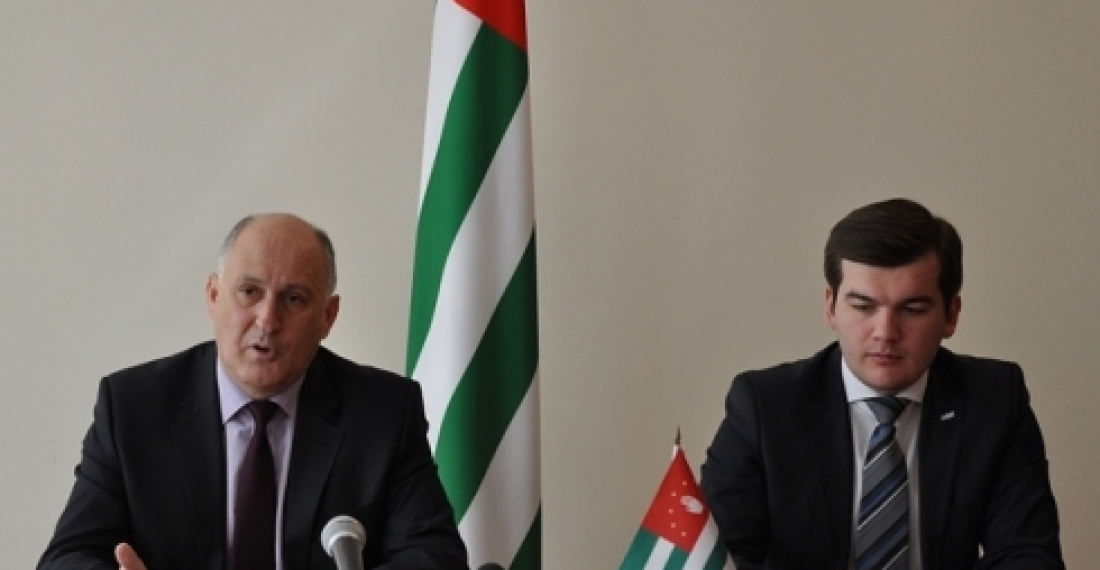The handing over of historical archive during the last round of the Geneva process was an important confidence building measure. Joseph Alexander Smith reports from Tbilisi on the significance.
It's not very often that the Geneva Process - the dialogue framework involving Georgian, Russian, Abkhaz and Ossetian representatives, chaired by the UN, the OSCE and the EU - delivers hope for a serious reconciliation between conflicting parties in the South Caucasus. However, the last round of talks held from 17-18 March, despite being one of the most difficult held so far, delivered an unexpectedly positive example of cooperation and confidence-building. During the working group on humanitarian issues, which also covers issues of preserving cultural heritage, the Georgian negotiators handed a disk to their Abkhaz counterparts.
The disk contained unique archival material, now held in Georgia, relating to Soviet-era Abkhaz leader Nestor Lakoba, as well as documents relating to the period of the Caucasus War.
Nestor Lakoba is an important figure in the early Soviet history of Abkhazia. After becoming Communist Party Chairman in Abkhazia from 1921, Lakoba forged close relations with Soviet leaders who came to holiday in the subtropical republic. He was able to stave off the worst of forced collectivization in Abkhazia by convincing Stalin to deal softly with 'less advanced' peoples.
The issue of historical archival material is particularly sensitive for the Abkhaz. In the chaos and disorder of the Battle for Sukhumi in October 1992, the Abkhaz Republic's national archive - a unique and irreplaceable cultural treasure - was burnt to the ground, apparently by Georgian troops. Some reports allege that troops shot at local firemen who attempted to put out the blaze.
Along with material documenting the history of the Abkhaz people, the fire also erased evidence of Abkhazia's multi-ethnic past - including the archives of Abkhazia's Pontic Greek community. Along with the human losses incurred during the conflict, the loss of Abkhazia's national archive is a wound which smarts to this day.
"As is well known during the war the National Archives of Abkhazia was burned to ashes." Abkhaz Deputy Foreign Minister, Kan Taniya told Commonspace.eu. "Nevertheless, we have information that before the burning, most valuable materials were taken to Tbilisi and now we are involved the complex and delicate process of returning lost archival documents."
According to Taniya, the handing-over of the archival material on Lakoba is the result of "systematic work by Abkhaz diplomats". "This is an important result of our discussions" Abkhaz Foreign minister Viacheslav Chirikba told Apsnypress News. "We will give the materials to TV, to the National Archives and the Abkhaz Academy of Sciences [АбИГИ]."
Speaking to Sputnik Abkhazia news service, Chirikba added that "the process of non-political discussions can be real and productive work, and we will continue this."
source: Joseph Alexander Smith filed this report from Tbilisi for commonspace.eu
photo: Abkhaz officials announce the unexpected gift from Georgia during a press conference in Sukhumi after the latest round of the Geneva Talks (picture courtesy of Apsny Press)







